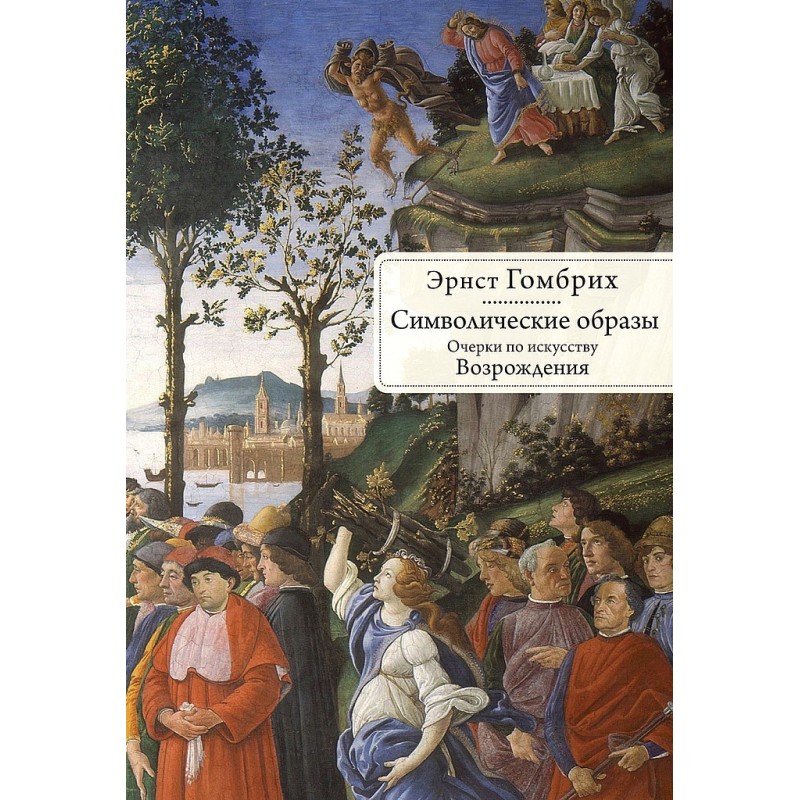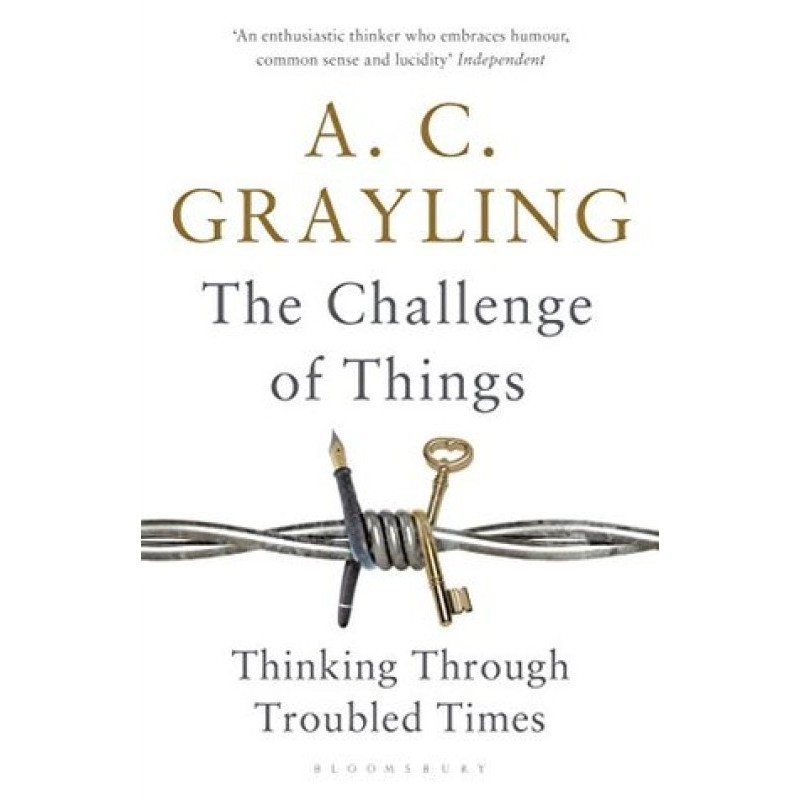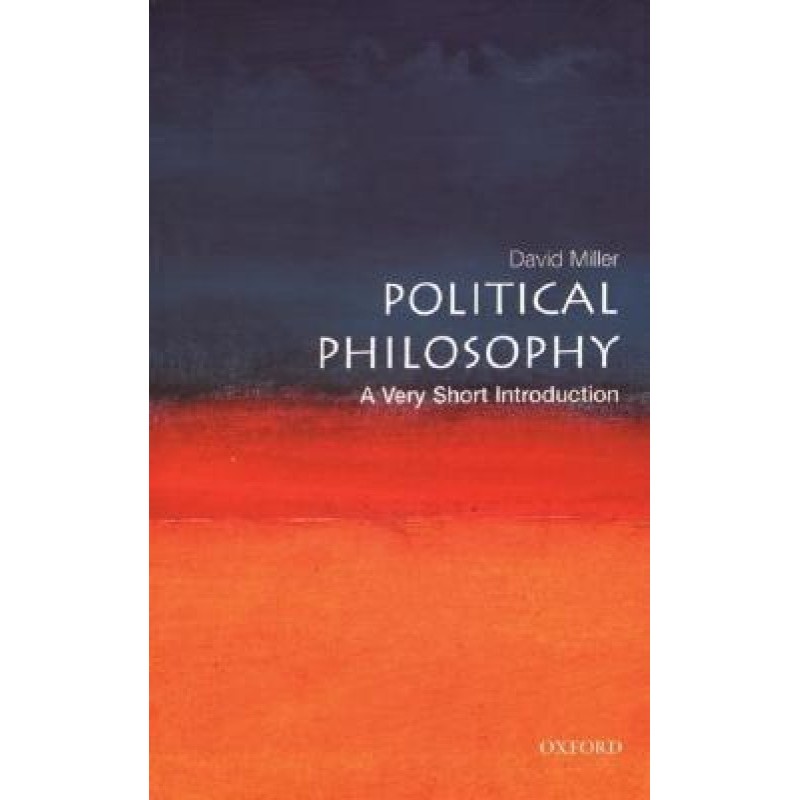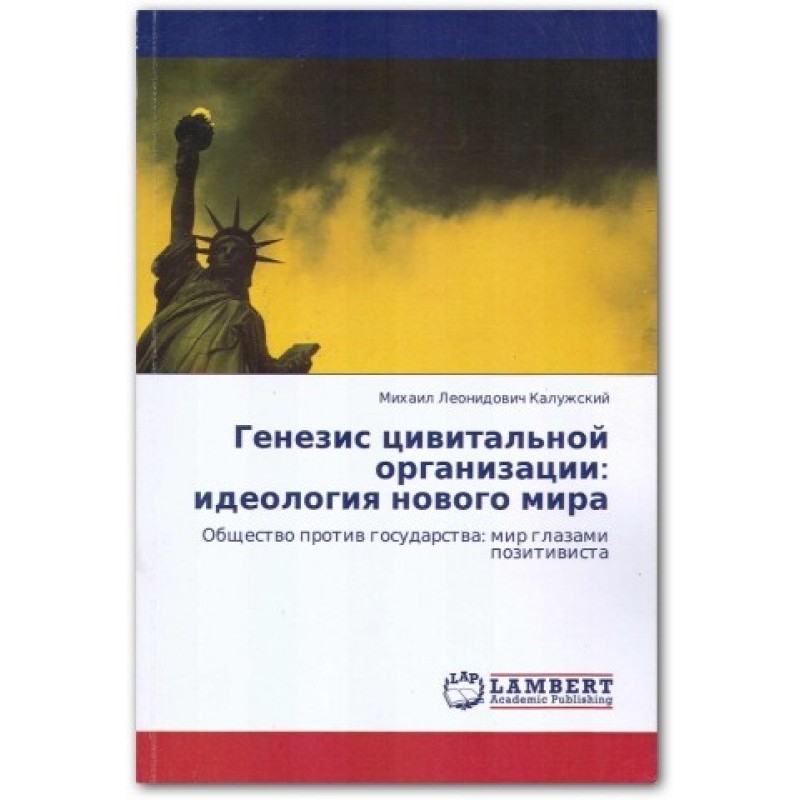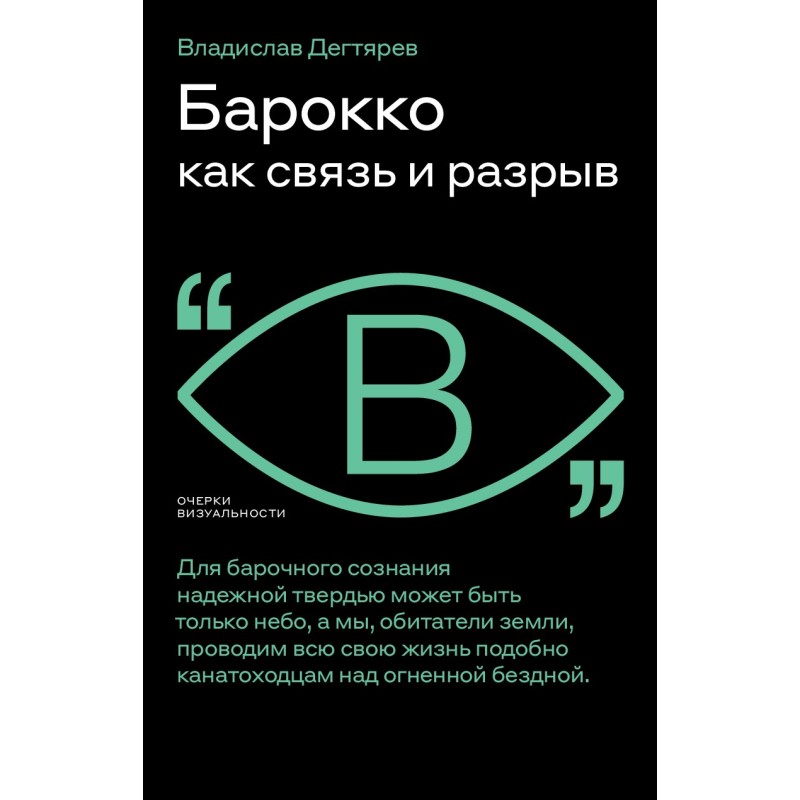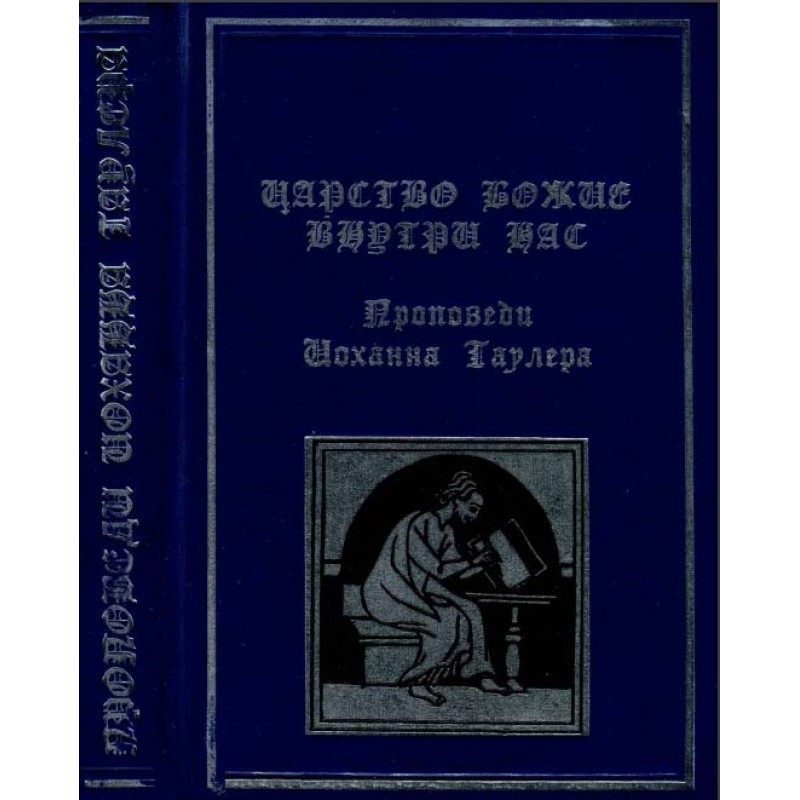Sebastian Maas. Edgar Julius Jung and the Metaphysical Foundations of the Conservative Revolution
 Instant download
Instant download
after payment (24/7)
 Wide range of formats
Wide range of formats
(for all gadgets)
 Full book
Full book
(including for Apple and Android)
About the author: Sebastian Maas was born in 1981 and studied political science, education and history at the universities of Konstanz and Tübingen, focusing on the modern history of ideas and the history of philosophy. He has researched topics such as the Conservative Revolution and the New Right. Maas's major study of the life and work of the German conservative revolutionary Edgar Julius Jung (1894-1934) was published in 2009 under the title "The Other German Revolution" in the academic series "Kiel Ideological and Historical Studies" (KIGS) as the first volume of the series and addressed yourself to the attention of the general public. In 2010, publications followed about Arthur Möller van den Broeck (“Fighter for the Third Reich”) (KIGS 2), and about Otmar Spann (“The Third Way and the True State”) (KIGS 3), and in 2011 a monograph about the conservative revolutionary was published Wilhelm Stapel, “The Strong State and the Teutonic Empire” (KIGS 4). About the book: When Edgar Julius Jung was shot during the suppression of the Röhm Putsch on July 1, 1934, an outstanding theorist of the young conservative direction of the Conservative Revolution died in his person. Jung became especially famous, in particular, thanks to his sharp criticism of parliamentarism and egalitarianism in his main work, The Reign of the Inferior (1927/1930). This work, published in two completely different editions, was supposed to become something like a textbook, an “encyclopedia of counter-revolution” (Karlheinz Weissmann). Jung picked up the ideas of Alexis de Tocqueville and continued the thoughts of Oswald Spengler, and was also influenced by Othmar Spann, Leopold Ziegler and Nikolai Berdyaev. Jung's positions - with some superficial similarities - were completely opposite to those of the NSDAP, and Hitler's rise to power on January 30, 1933 frightened Jung; now he decided to take part in the power game himself. At the end of 1933, Jung and a group of young conservative intellectuals tried to create a conspiracy center. Jung wrote the Marburg speech for Franz von Papen, which von Papen delivered on June 17, 1934. The Reich Minister of Propaganda, Dr. Goebbels, prevented the speech from being distributed, and von Papen announced his resignation. A very short time later, Jung was arrested and then, under circumstances that were never fully clarified, shot dead at the Oranienburg concentration camp. This academic work examines Jung's writings and examines his political and philosophical views. Jung's personality is subjected to biographical analysis, but even more important is the ideological and historical consideration of his views. It will help the unprepared reader understand Jung's thinking, and will offer researchers new approaches to the problem and, possibly, also new materials.
Data sheet
- Name of the Author
- Себастьян Маас
- Language
- Russian


